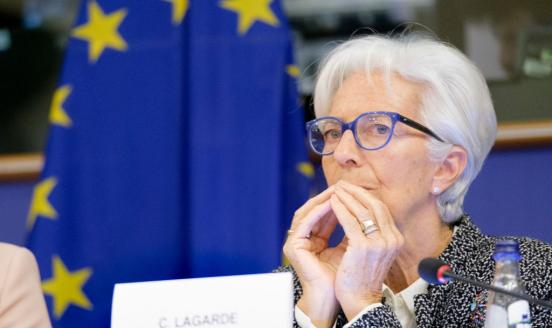Note on the interactions between payment systems and monetary policy
This paper analyses the interactions between, on one hand, monetary policy and financial stability responsibilities of the ECB and, on the other hand,
This paper was prepared for the Committee on Economic and Monetary Affairs of the European Parliament (ECON) as an input for the Monetary Dialogue of 26 February 2018 between ECON and the President of the ECB (here). Copyright remains with the European Parliament at all times.”
The ECB has a dominant price stability objective but also financial stability responsibilities, even if they are less forcefully formulated and are shared with other institutions.Post-Trading includes three sub-functions: Payment System, Clearing and Settlement.• Five types of Financial Market Infrastructures (FMIs) participate to Post-Trading: PS (Payment Systems), CSDs (Central Securities Depositories), SSSs (Securities Settlement Systems), CCPs (Central Counter Parties), and TRs (Trade Repositories).
The Payment System is critical for monetary policy and the issuing central bank, specifically the ECB, must maintain full control over it. Such full control is only possible if the Payment System is located in the euro-area.
Clearing and Settlement are relevant for monetary policy, but do not have the same degree of criticality as the Payment System.
CCPs (Central Counter Parties) have no direct interaction with monetary policy in normal conditions, but can become relevant for monetary policy in stressed conditions. In these conditions, risks can thus arise for the conduct of ECB monetary policy from the fact that some key CCPs are located outside of the euro-area.
Clearing and settlement systems, particularly CCPs, are critical for financial stability.
Locating these systems in the jurisdiction of the relevant central bank is the safest and simplest option for assuring their continued contribution to financial stability, in both normal and crisis conditions.
Particularly tight, and not easy to design and agree, arrangements with the institution responsible for financial stability and monetary policy in the jurisdiction where the CCP is incorporated, specifically the Bank of England for the London Clearing House (LCH), as well as direct intervention rights for the issuing central bank (i.e. the ECB), can approximate the conditions that would prevail if the CCP was located in the jurisdiction of the issuing central bank.



